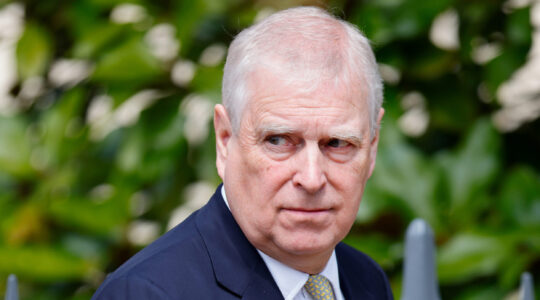The disconnect between a growing Gen Z workforce and their managers is widening due to outdated leadership styles, according to a new study.
Consulting firm Engaged Strategy found more than half of Australian business leaders surveyed (52 percent) believed team members aged under 27 were disengaged, with many (40 percent) stating they found it difficult to inspire them.
Engaged Strategy Managing Director Christopher Roberts said Gen Z employees themselves didn’t outrightly disagree, but they were far from content.
“Only 60 percent of Australian Gen Z respondents reported feeling engaged at work, a figure that falls behind global benchmarks,” Mr Roberts said.
He said, however, the problem was not laziness or entitlement, it was a leadership misalignment.
“Gen Z in Australia is not simply disengaged, but they are disillusioned. Outdated leadership styles simply haven’t evolved to meet what this generation values.
“Leaders are confident that they are doing enough, but Gen Z is not experiencing it on the ground.”
Mr Roberts aaid one of the most telling disconnects was in communication.
He said while 73 percent of Australian leaders believed they clearly communicated the “why” behind key decisions and changes, only 64 percent of Gen Z employees felt they understood those rationales.
“The gap is even starker among Gen Z women, only 60 percent of whom feel adequately informed about business, compared to 69 percent of their male peers.”
Mr Roberts said the empathy gap was another red flag.
He said only 58 percent of Australian Gen Zs perceived their leaders as empathetic and approachable.
“This is significantly lower than the global Gen Z average of 68 percent. And while 73 percent of male leaders and 70 percent of female leaders believe they are accessible and empathetic, the disconnect lies in Gen Z’s lived experience.
“The generation is seeking authenticity and vulnerability, not just approachability in theory.”
Mr Roberts said gender-based expectations further complicated the picture.
“Gen Z women in Australia prioritise inclusion, psychological safety and well-being.
“Their male counterparts lean heavily on clarity, structured growth, and purpose-driven work.
He said despite these differences, both groups shared a common frustration.
“They crave open dialogue and constructive feedback, the two areas Australian leaders most often underdeliver.
“This isn’t about ping-pong tables or casual Fridays. Gen Z wants purpose, feedback, psychological safety and leaders who listen rather than just lead them.”








